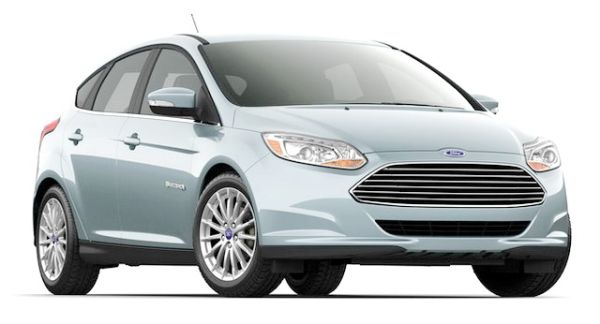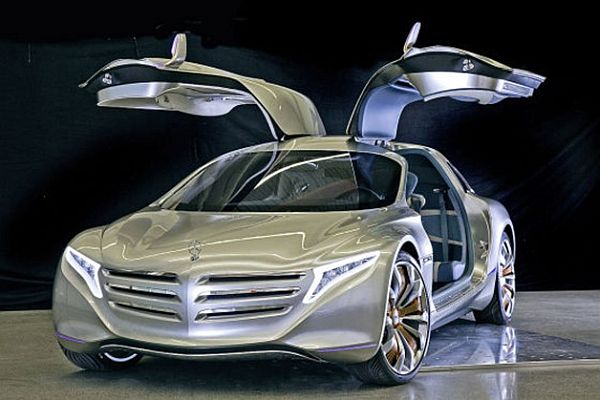Problems with current EVs
As an alternative to conventional vehicles, electric vehicles are the much talked about transport medium these days. Given their ability to cause less pollution and their eco friendly tag, electric vehicles are a viable option for transport in coming years. However, everything is not as easy as it seems. EVs are quite promising in nature but these green vehicles have their flip sides, too. In recent years, a number of surveys have been done to judge the popularity of electric vehicles. While there are people who would love to buy these eco vehicles, but there are also a bunch of people who are of the opinion that when it comes to comparing EVs with conventional vehicles, they seem to favor the traditional gasoline based vehicles. Why so? Well, the answer is quite transparent. EVs don’t match up the fastness of conventional vehicles and also there is a lack of facilities to charge them. Perhaps, the most important factor is cost. These vehicles fall posh on pockets too. So, not many people can afford them.
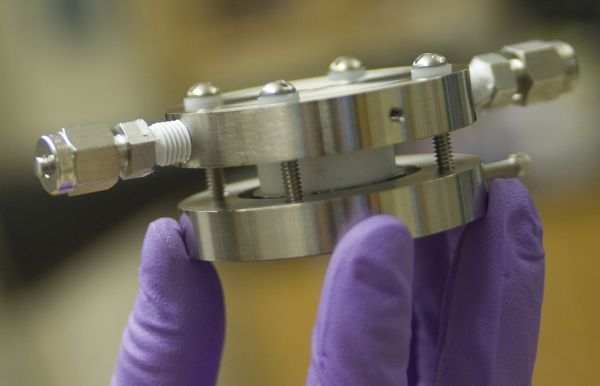
The Savior – Lithium-air battery
Some altruists around the world are working round the clock to come up with greener transport solutions for our future. Electric vehicles are the right step in this direction. However, these vehicles have their own limitations and for those individuals who want a better greener option, scientists have come up lithium air batteries to power electric vehicles. Also known as lithium oxygen batteries, these promise to provide better range and can help EVs travel longer distances.
The lithium air batteries work on the same methodology as their counterpart. These use two electrolytes one being lithium metal and the other one being oxygen, which is quite in abundance around us. Now, usually every battery has an anode and a cathode. When chemical reactions take place, electric currents flow in the battery. In lithium-air batteries, there is no such thing as cathode, there is oxygen. The batteries react with oxygen in the atmosphere and that is what makes them light in weight.
When commercially available and if everything goes as planned, the lithium-air batteries would take us closer to a better and greener future. The Lithium air batteries have the ability and capacity to store gigantic energy as much as 5,000 watt-hours per kilogram. This is more than even hydrogen fuel cells. The batteries are supposed to have as much as five to ten times higher capacity to store energy as against lithium-ion batteries. So, with these batteries in your car, there will be no need to recharge your car in case you want to travel farther distances.
Where are we now
1. IBM’s lithium-air battery
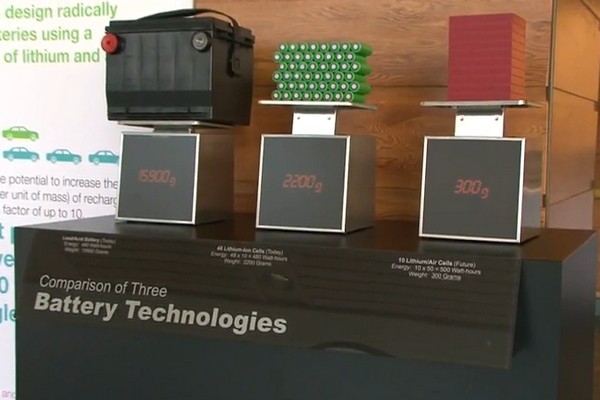
IBM is dedicated to building a smarter planet and this is aptly proved by their current plans to develop lithium air batteries for powering EVs and energy grid. The Company hopes to leverage its technology and get into partnership regarding this project.
2. GM’s lithium-air battery to improve EV performance
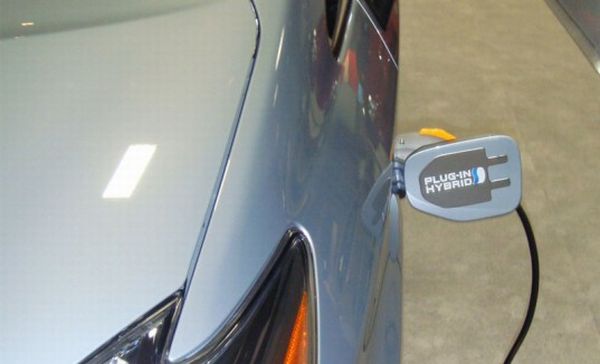
General Motors is not far behind when it comes to developing lithium-air batteries. With their on-going research, the Company is sure to come up with highly efficient lithium-air batteries to power our future vehicles. It strongly believes that dedicated R&D is required to make lithium-air batteries commercially available. These batteries can vastly increase the running capacity of electric cars and other EVs. We will have to wait for 10 years before such batteries become available in the market.
3. Engineering and Physical Sciences Research Council’s lithium-air battery
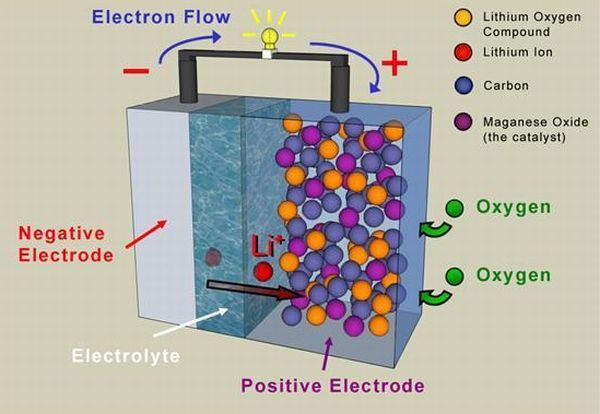
Sponsored by Engineering and Physical Sciences Research Council, an ambitious project on Lithium air batteries is cooking up at the University of St Andrews with partners at Strathclyde and Newcastle in United Kingdom. This project aims at developing a Li-air cell which has better rechargeable capacities. Further, the researchers want to understand the science behind how exactly the chemical reaction in the battery takes place and how to go about enhancing it.
Problem areas
- Lithium air batteries have their part of drawbacks. Although a counted few, overcoming them would probably make owning EVs a better experience. First of all, the remnants of the reactions accumulate at the cathode in lithium air batteries. This makes the passage of air a problem.
- Secondly, the auto industry itself is so huge, that an extensive amount of lithium would have to be utilized to fulfill the requirement in its entirety if the world is to thoroughly get into the EV era. This is a mammoth task, since the entire gasoline role would have to be transferred to lithium.
- Thirdly, lithium air batteries cost a fortune to manufacture. This fortune is still tough to be trade upon by many automobile companies around the world.



